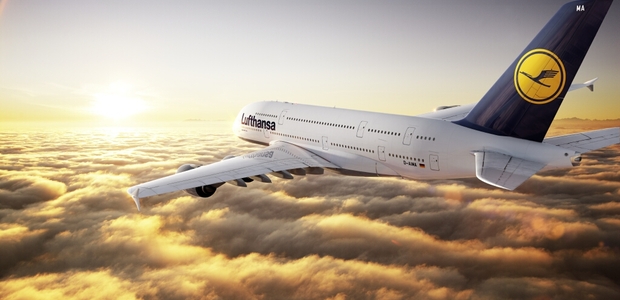Lufthansa agrees to pay salary increase to pilots

The negotiation between Lufthansa group and its pilots union Vereinigung Cockpit (VC) has met a conclusion as the airline accepted the mediation recommendation led by the mediator Gunter Pleuger on the 15th of February 2017. The airline agreed for a pay increase for the 5,400 pilots in the group tariff agreement of Lufthansa, Lufthansa Cargo and Germanwings in four stages amounting to a total of around 8.7%, to be paid until 2019.
Mediation result increases cockpit remuneration costs in the group tariff agreement by around €85 million annually. With retroactive effect as of 1st of January 2016, the pilots will receive a raise in monthly income of 2% and as of 1st of January 2017 of 2.3%.
As of 1st of January 2018, there will be the third stage increase of 2.4% and a further 2.0% as of 1st of January 2019.
Lufthansa said that it will also spend an additional one-off payment amounting to a total of approximately €30 million, which is expected to total around €5,000 to €6,000 per full-time employee. The term of the remuneration agreements will last to end of 2019.
The airline said that in order to compensate for these additional costs, 40 aircraft will be operated outside the group tariff agreement, in contrast to previous fleet planning. Details on the design of a new platform for the operation of these aircraft will be finalized in the coming weeks. The job prospects of ground and cabin personnel will not be affected by this step.
Bettina Volkens, Chief Human Resources Officer at Deutsche Lufthansa AG, said: “We welcome Dr. Gunter Pleuger’s mediation recommendation and would like to thank him for his commitment and support in finding a solution.
However, implementing the mediation recommendation will generate additional cockpit remuneration costs, even though we started with the aim of lowering costs in the cockpit of Lufthansa and thus able to grow again. Without any compensation in other collective agreements, we must, therefore, take the path of changing our fleet planning. At the same time, we are continuing to work hard to find ways to reduce costs with our collective bargaining partner in order to achieve our growth potential in the Group tariff agreement, too.”
